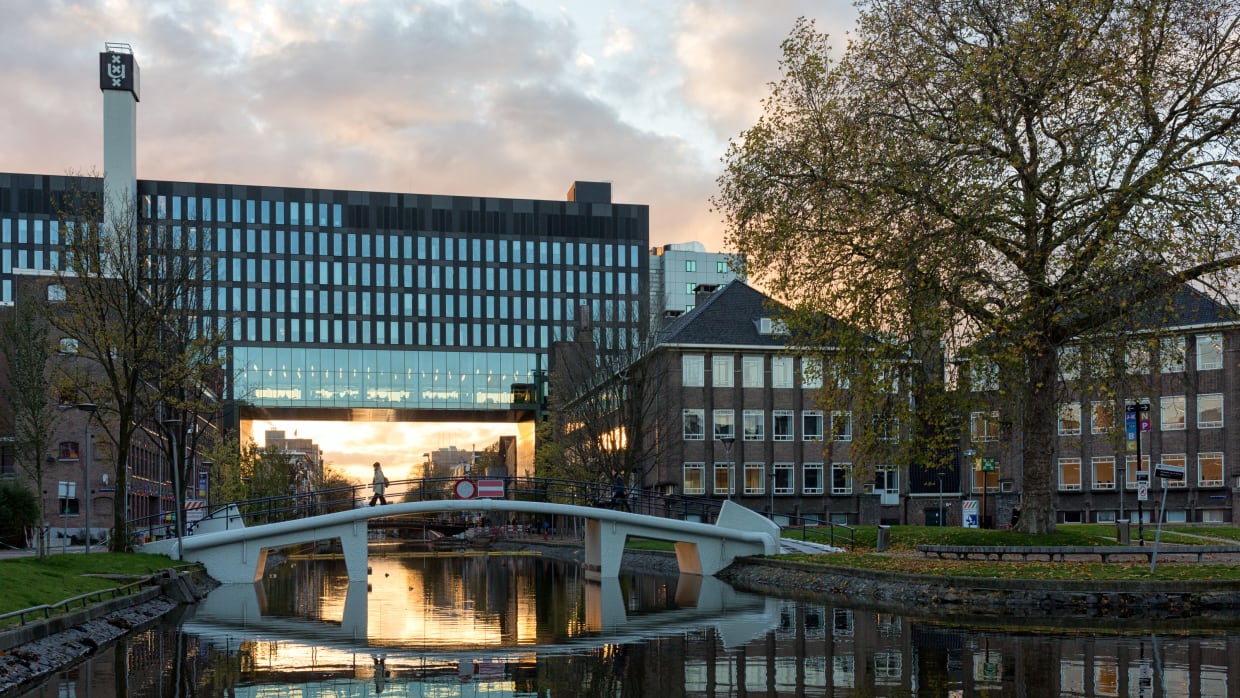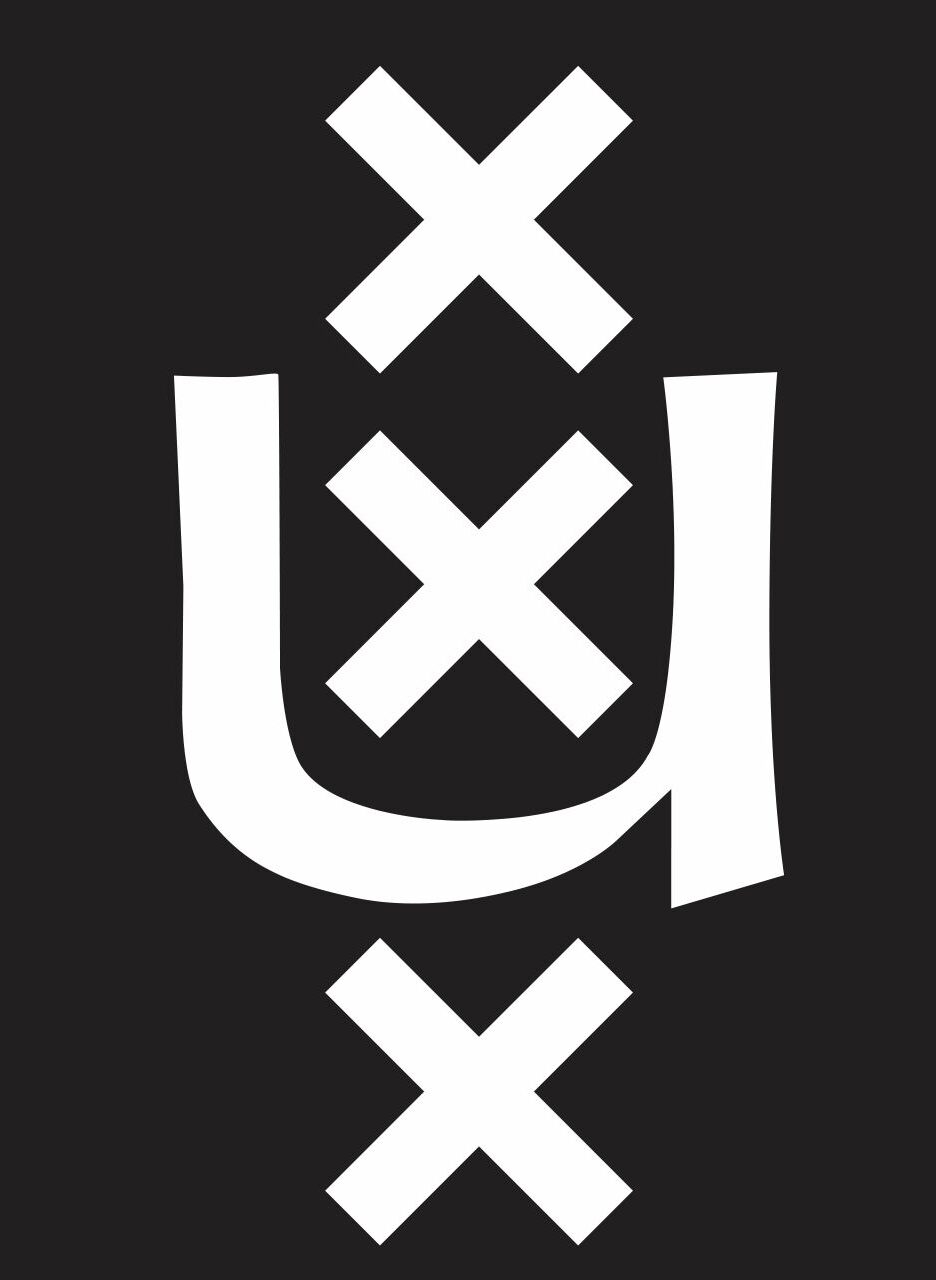In mid-2019 I wanted to get a job.
It didn’t matter to me if it was going to be a student job or an actual internship. I just needed the money.
So on a fluke, I applied to Tesla, Inc., an electric vehicle and energy company, led by what is now the second richest man in the world. Miraculously, I got in.
I worked there between November 2019 and March 2020.
Unfortunately, this didn’t count as the internship that is officially part of my Bachelor’s, so I started looking again semester after.
I want to accumulate the broadest possible scope of experiences, so this time I did it differently.
I looked for a smaller company. I wanted to try something new.
I found PCN Capital, where I have been working since September 2020 and am now writing my Internship report and this blog about.
The hiring process of the two companies was strikingly similar. For both, the interviews were exclusively online, and I never set foot into an office before my first day. The conversations were very casual, both asked for my work at the UNICEF Student association, and neither left the impression of a very strict work environment at any point. I was given a task to complete as part of the recruitment process for both jobs (The one for PCN was significantly harder!).
The first large difference could be felt on the very first day.
Out of pure coincidence, my supervisor was out of the country for my first days at both Tesla and at PCN.
At Tesla, I was shown around the very large office building and given my equipment by an intern I ended up working very closely with for the next few months.
As I stepped outside to make my way to lunch with other interns, I saw dozens of young professionals discussing cars, energy and the trajectory of the business, waiting for the leadership of our HR department. I realized that me and Lennart, my guide from the morning, were by no means alone, and I was quickly overwhelmed by the usually older and more experienced interns.
But I also immediately got to see the perks of such a large company: after (free) lunch, we were allowed to drive in the new Tesla models and took an excursion to a nearby supercharger. It was an impressive and ‘showy’ first day to say the least.
At PCN, I had a humbler, but warmer welcome. The office wasn’t very full, as many had already opted to work from home again as a consequence of the newly emerging second wave of COVID-19. After initially taking the wrong door, I was greeted by our HR manager Victoria, who I was already acquainted with through our interviews, and Moriarty, our Chief Happiness Officer. Moriarty also happens to be a small dog.
With serotonin-levels at an all time high for that time of morning, courtesy of Moriarty, I was shown around the office. The thing about small offices are that they have a way of making you feel at home.
In a large building full of strangers that technically work with you, I always used to draw comparisons to old high- and middle school days, accompanied by anxiety, pressure and a certain distance between the people involved.
At PCN, the structure of the office itself was clearly designed to make everyone feel comfortable, warm and close to one another; from a cozy kitchen over the few but large conference rooms, to the office elements clearly placed there for the fun of the employees: a table tennis plate, pool, a mini-fridge with free lemonade, and more.
As soon as you step into the kitchen you are able to catch a bit of the company culture: old polaroid’s of Christmas parties, whiteboards full of inside jokes, and more photos of the various puppies that come by each day than you can imagine (yes, Moriarty isn’t the only one).
I was greeted by all these things that I hadn’t seen in an office setting before, and I thought, ‘These guys are not just colleagues, they are a family. And I really want to join them.’
Onboarding is another aspect where the two companies differed;
Perhaps also due to outside circumstances, my onboarding at Tesla was a bit more chaotic. At this company, everything is fast-paced, dynamic and – most importantly – busy. As someone who has never worked in an office, perhaps I needed more orientation than the management was used to. The company culture is very focused on individualism and initiative, and you’re expected to jump into work immediately.
The first week at PCN was more oriented around learning; I had a set time schedule, frequent remote 1:1 meetings with my supervisor, and the task of getting to know everyone in the company and understanding each aspect of what PCN does. It was decidedly more in-depth, as each person involved took the time and effort to show me everything I needed to know.
This brings me to an aspect of office culture in which PCN has – in my opinion – a great advantage over Tesla: The interpersonal connections within the office. Tesla has more than 40.000 employees. PCN has 29 including myself. And I have chatted with every single one of the other 28.
I know who I have to reach out to for specific things without having to ask my supervisor, because I’ve talked to them. In fact, I have joked around with each one of them. In my experience, this makes communication within the company easier, and undoubtedly has effects on my productivity, since my motivation increases when working with people I have fun with.
Many modern companies claim that hierarchy is irrelevant to their culture. During my first weeks at Tesla, this was repeated to me lots of times; and there is definitive truth to it. Interns are given an immense amount of responsibility.
I distinctly remember the first time I met my supervisor there. I asked her if she wants some coffee, still expecting to become a stereotypical intern that takes the office’s drink orders.
She turned to me and said, “What are you talking about? You have better things to do.”
I was bewildered. I ended up overseeing the majority of internal communication within the EMEA-region, so she was certainly not exaggerating.
And yet, compared to PCN, there was still a very distinct feeling of hierarchy; perhaps due to the vast amount of employees working at Tesla. It is near impossible to get rid of hierarchy in an organization that has this many people working there.
At PCN, I work with the COO every day, and most of my – technically superior – colleagues still ask for my advice on various projects. This was not the case at Tesla.
Everything is scaled up there. The office is bigger, there are more people, more strangers, more hierarchy, it was more serious, more confidential – but I also had a larger impact. What I was doing clearly and directly affected more people.
From what I can say based on these two experiences, that is exactly the trade-off:
In a small company, what you do may not have the largest effects (depending on what it is your company does), but it is a comfortable and warm environment full of ambition.
In a larger company, many things might seem more distant, scaled up and more hectic, but you will undoubtedly have a big impact.
In the end, there is no definitive answer to whether larger or smaller companies are better, and I am not here to judge that for you.
I am sure many of my experiences depend on a vast amount of factors, and are by no means universal. Ultimately, we each have our own preferences in our professional life.
I’ve had the opportunity to work with two incredible companies, however representative of their size they may be, and I am beyond thankful for the experiences I have gained and the lessons I am able to walk away with.


